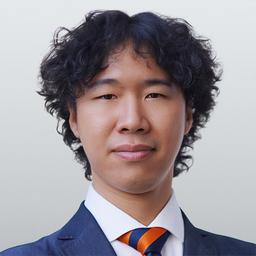President Joe Biden signed a bill on April 24 that could potentially ban TikTok unless its parent company, ByteDance, divests it to a U.S. company. The swift passage of the bill highlights the escalating ideological confrontation between the United States and China.
TikTok, with 170 million registered users in the United States, has been accused of aiding the Chinese Communist Party’s (CCP) propaganda efforts. Lawmakers across the aisle have expressed concerns that the CCP could force ByteDance to hand over data on the 170 million Americans who use TikTok.





